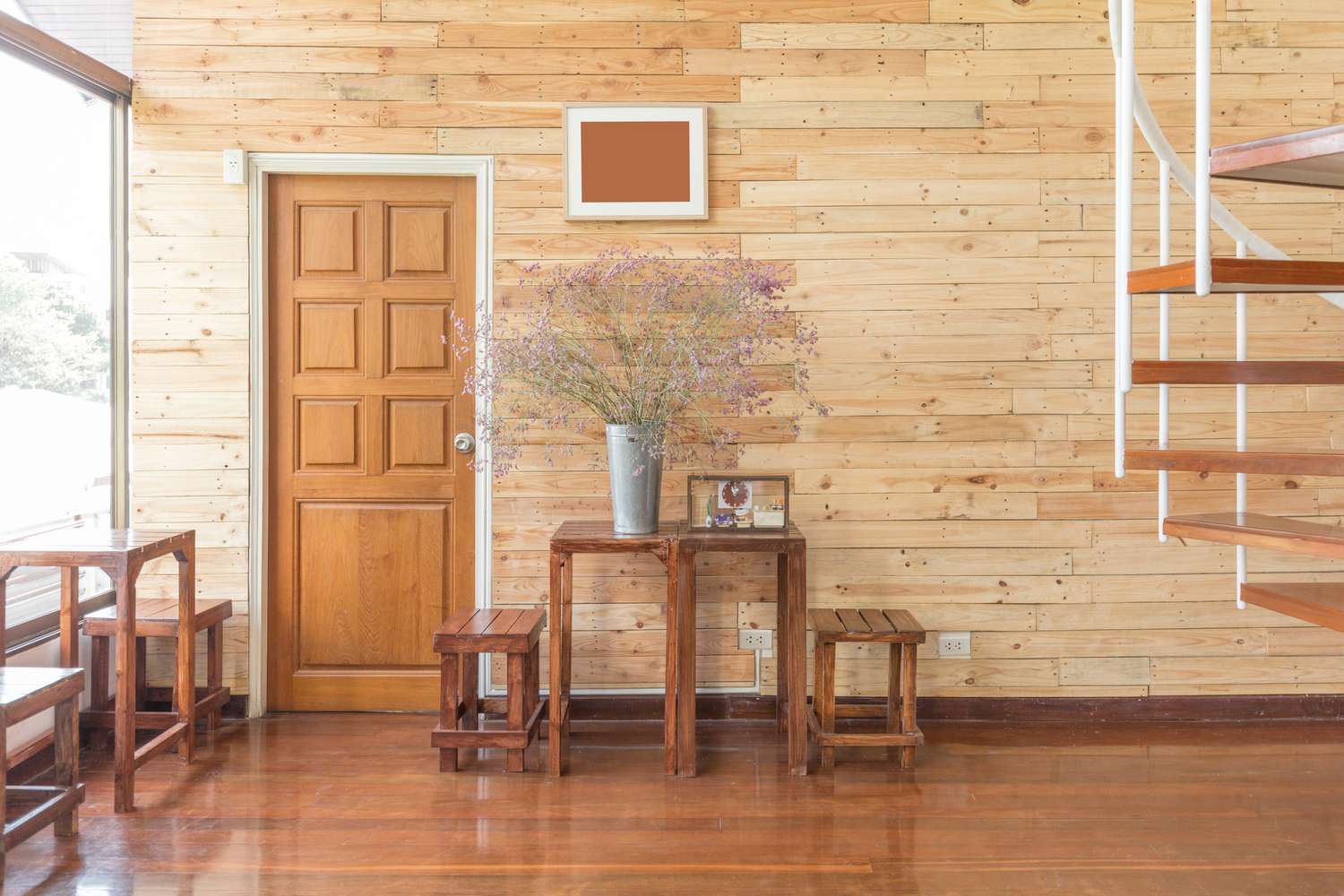When deciding on the type of wood to use for your upcoming construction or home improvement project, it is advisable to opt for a sustainable alternative that has the least detrimental effect on the environment. Nonetheless, it can be challenging to distinguish between sustainable and non-sustainable wood products if you lack knowledge in this area.
Sustainability of Engineered Wood Products
Engineered wood products (EWPs) are made from various wood substances that are either bonded by an adhesive or mechanically fastened by nail plates. The technology functions by redistributing and reinforcing natural defects and forming the products into structurally efficient shapes unachievable by sawing, thereby ‘doing more with less’ wood fiber.
While additional energy resources are required to process EWPs, they remain largely renewable, except for the adhesives and metal fasteners. They are thus sustainable compared with competing materials that involve considerable mining.
Reclaimed wood
Reclaimed wood refers to old lumber that has been repurposed for use in new projects. It’s typically sourced from old buildings, barns, or homes and processed through various techniques for reuse. Companies follow a step-by-step approach to deconstruct and process wood elements to preserve the beams’ integrity and shape. It makes them usable for new construction projects.
The use of reclaimed wood in construction projects gained popularity due to the green building and remodeling movement. It is considered an eco-friendly material with a past life and a new purpose because it is recycled.
However, it is typically more expensive than fresh-cut lumber due to the labor and processing required to repurpose the older wood. Additionally, reclaimed wood is rare, which also adds to the price. It must be found and processed to make it usable again.

Bamboo Flooring
Bamboo flooring is eco-friendly due to the rapid growth of bamboo plants and their regenerative quality. It can grow from seed to full harvest-ready maturity in as little as 3 to 5 years. This is much faster than hardwood trees.
When bamboo is harvested, only the stalk is cut, while the roots remain planted in the soil, allowing for regrowth without replanting. Periodic harvesting of bamboo stalks is healthy for the environment. This allows sunlight to filter down to the earth and reach other plants.
Bamboo plants also have long roots that reach deep into the soil, serving to bind the earth around them and combat erosion. High-quality bamboo flooring can last up to 25 years and can be removed and reused in new flooring installations. Bamboo is recognized by the Leadership in Energy and Environmental Design (LEED) program as an ecologically-friendly building material.


